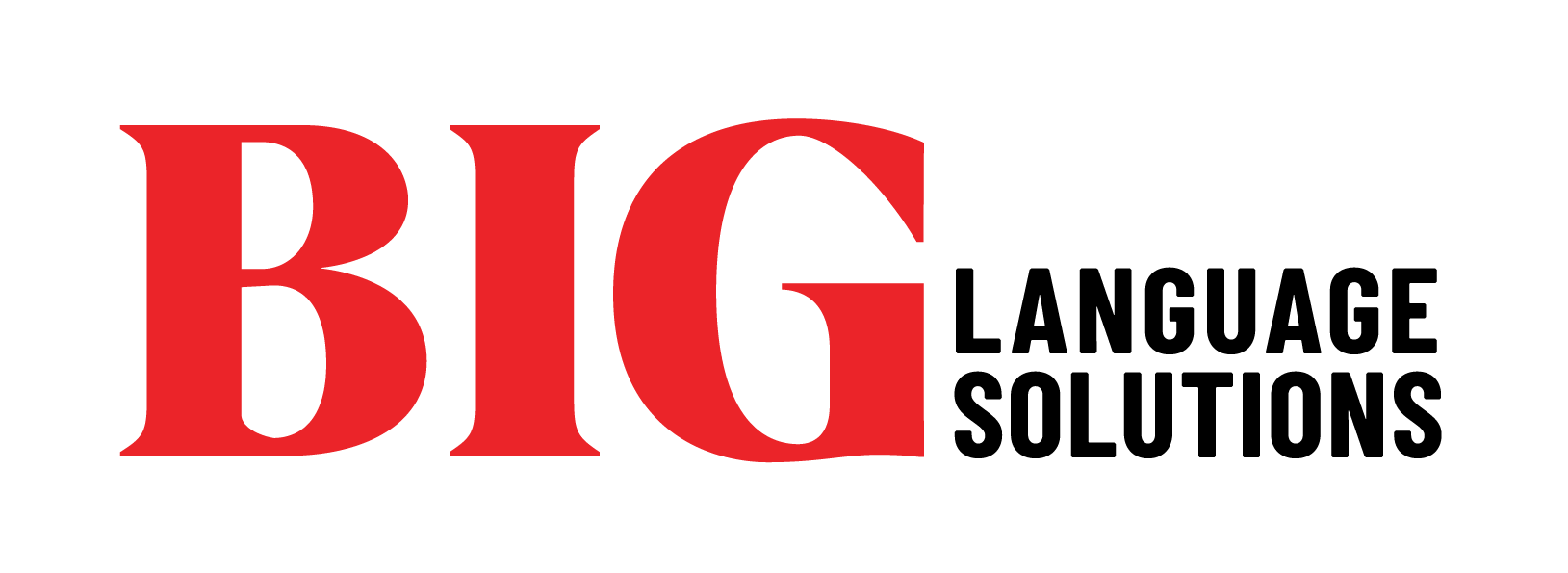If you’ve ever purchased furniture from IKEA or a foreign-made power tool from your local hardware store, you have experience being on the receiving end of technical manual translation. As manufacturers expand their market share by selling products across borders, the accuracy of technical translation has a huge impact on ensuring user satisfaction, safety, and efficiency in using new tools and equipment.
Translation of technical manuals is a key service in many industries, including construction and engineering, electronics, manufacturing, and any consumer product where end-users need guidance on how to assemble and/or use these items correctly. When a technical translation is done well, it often goes unnoticed by the people using these manuals. On the other hand, a poorly translated technical manual can frustrate customers, encourage negative reviews, create unnecessary safety risks, and even slow the growth of your brand in a new market.
If your business relies on technical manuals to support its products or its manufacturing processes, make sure you have a plan in place to support the accurate translation of your technical manuals. Here are some things to keep in mind.
Keep Manuals Short and Sweet
The most effective manuals are the ones that offer specificity and clarity in as few words as possible. The best technical manuals give users the essential information they need to get to work using their new product or equipment.
This isn’t the time to give users backstory about a device or to offer tips on how to get the most out of their new product. Keep manuals action-oriented and simple, only providing the most essential information. The longer your manual is, the more likely it is that your translated product will features errors, inconsistencies, or confusing language that frustrates end users.
Create a Master Glossary of Specialized Terms
Most technical manuals feature specialized terms that are specific to an industry, a company, or even an individual product or piece of equipment. This unique language needs to be consistently translated into new languages without having its meaning distorted.
A certified translation expert can help ensure this consistency from one language to the next, but it’s helpful to create a master glossary of terms in English that translators can reference to facilitate a more accurate translation of those terms.
Work With LSPs That Specialize in Your Industry
Industry-specific expertise is crucial to translating manuals and other technical content. If you’re an engineering firm, your technical manuals and end users deal with industry-specific terms and a field of expertise that is unique to your line of work.
Anyone using your technical manuals likely has that same depth of knowledge—but to ensure your manuals speak to that level of expertise, you need to work with translators and language service providers (LSPs) that comprehend this specialized language and are able to accurately translate content from one language into the next. Always check for past experience translating in your field of specialty before you choose your LSP.
Revise Manuals Based on User Feedback
Once technical manuals have been translated into a new language, the only way to be certain about their accuracy is to test them among end-users. You can do this either through a beta test of a select group of manual users fluent in your target language, or you can publish the manual and pay close attention to its reception.
If many users are calling a customer service line for help around a certain step in the manual’s guide, for example, it’s a clear sign that there may be something wrong with the translation that’s causing this confusion among multiple people. Gather this feedback and use it to refine your manuals and improve their value to your target audience.
Looking for translation experts specializing in your industry? Protranslating maintains a global network of more than 5,000 translators and interpreters with experience serving clients in virtually every industry. Contact us today to tell us more about your translation needs.








